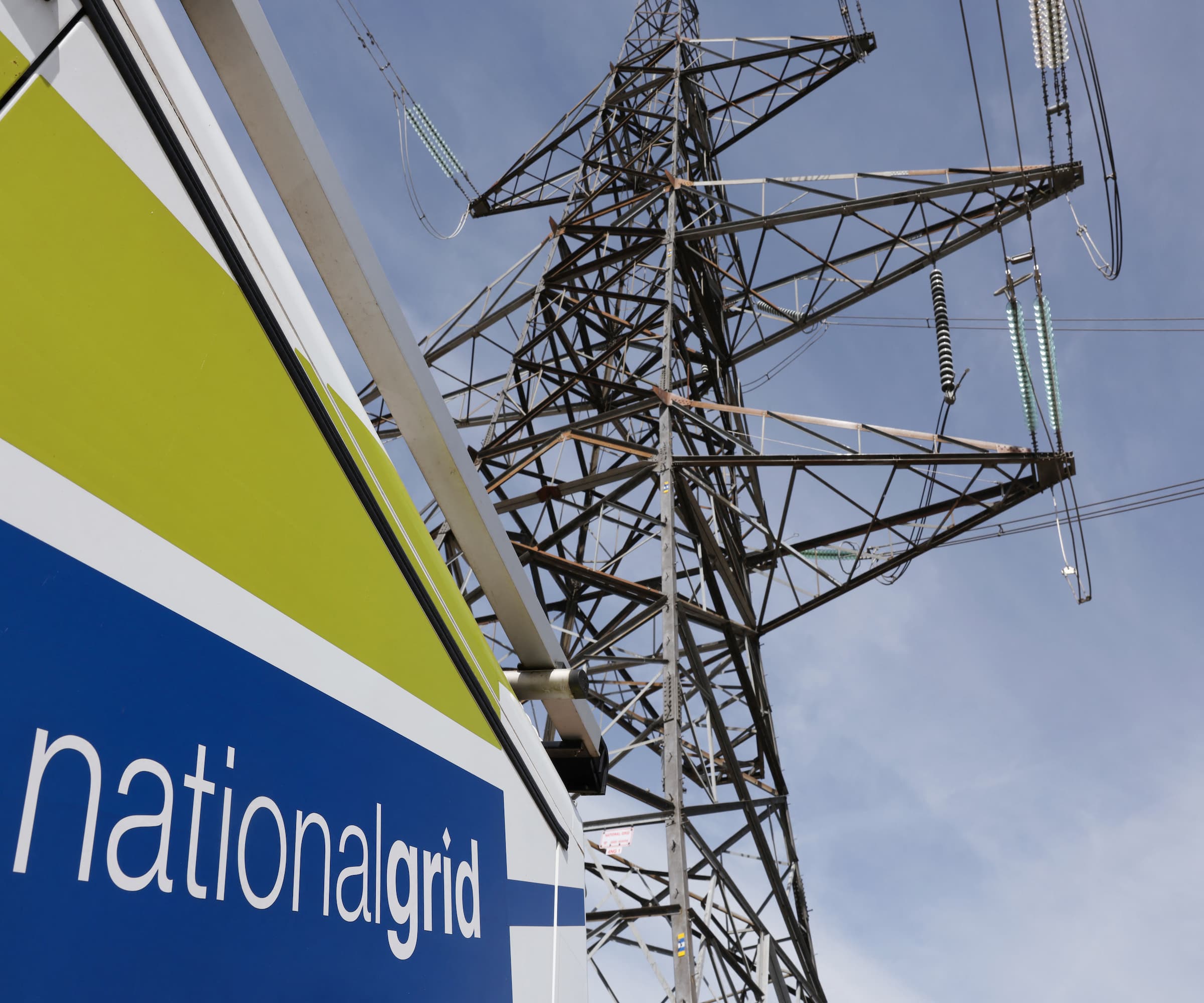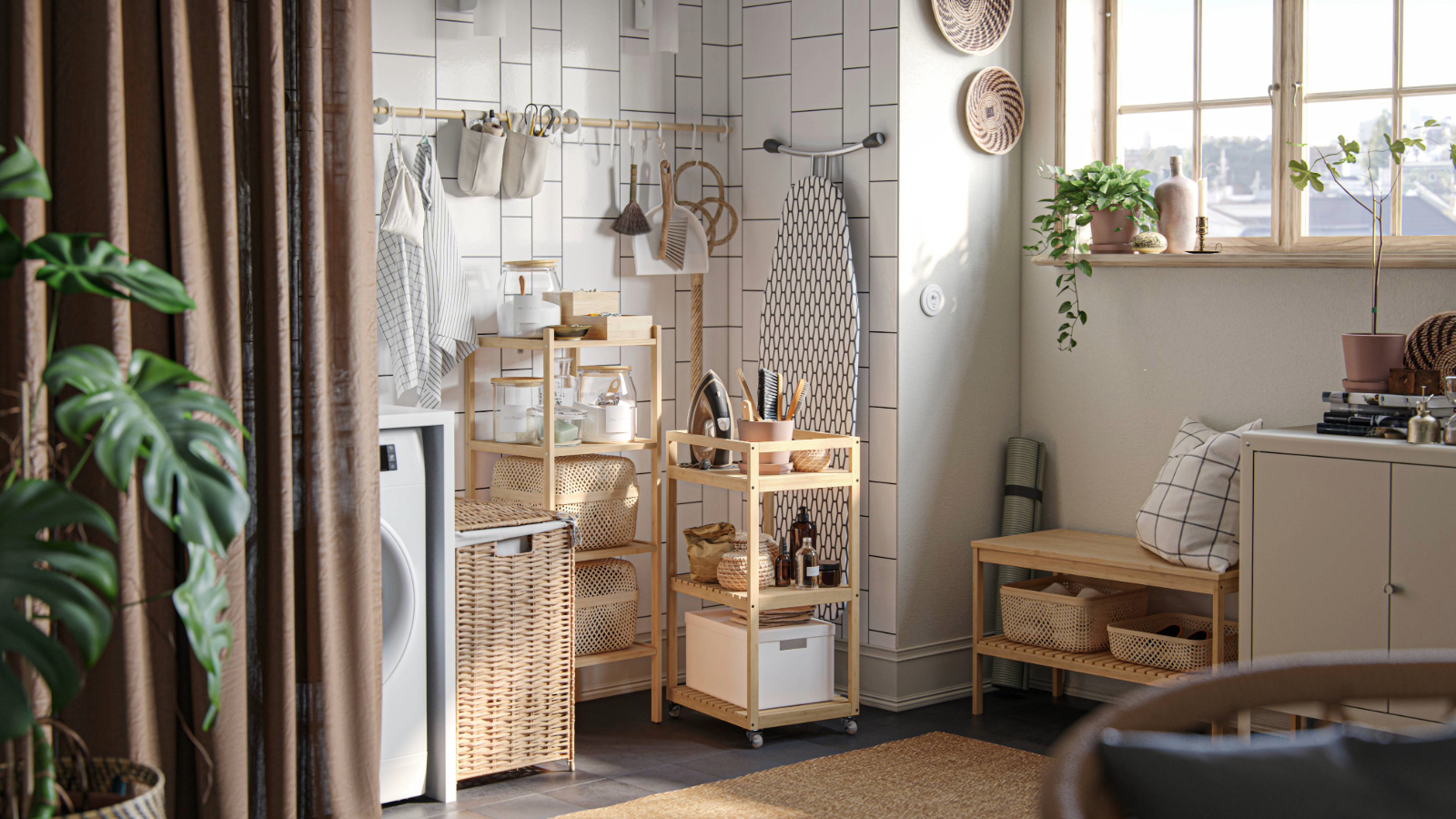Heat pumps win over skeptics as new homes use far less power than predicted
A groundbreaking study of new electric homes finds heat pumps use far less energy and create far less pressure on the grid than earlier forecasts suggested

Bring your dream home to life with expert advice, how to guides and design inspiration. Sign up for our newsletter and get two free tickets to a Homebuilding & Renovating Show near you.
You are now subscribed
Your newsletter sign-up was successful
One of the UK’s first real-world trials of all-electric new builds has found that homes fitted with air-source heat pumps and solar panels are using dramatically less electricity than expected.
The homes recorded annual energy use between 40% and 67% lower than the UK average, with peak demand also coming in far below predicted levels.
Researchers say the findings challenge long-standing concerns that heat pumps would overwhelm the grid as Britain phases out gas boilers.
What the study revealed
The research took place at Project 80, a Birmingham social housing development designed to test the principles of the Future Homes Standard.
Seven all-electric homes were monitored for a full year by Birmingham City University. The team found that electricity demand during peak periods was significantly below predicted values, suggesting modelling has been overestimating how much power new electric homes will need.
Dr Mónica Mateo-Garcia, the academic lead on the project, said: “The average peak electricity demand per property was lower than we would expect.” She added that the analysis of carbon savings is still being finalised.
Professor Richard Fitton of the University of Salford, who was not involved in the study, praised the research as “a sterling bit of work” and said: “We currently seem to be overpredicting how much power we need in new-build housing.”
Bring your dream home to life with expert advice, how to guides and design inspiration. Sign up for our newsletter and get two free tickets to a Homebuilding & Renovating Show near you.

Dr. Mónica Mateo García specialises in low-carbon housing, building performance and the design of homes that meet future net-zero standards.
Why heat pumps performed better than predicted
Each home used an air-source heat pump for heating and hot water, alongside high levels of insulation and solar panels. The varied patterns of electricity use across households helped reduce simultaneous peak demand – a key factor in keeping pressure off the grid.
Some homes also used less electricity for heating and hot water than expected when compared with Energy Performance Certificate (EPC) estimates, highlighting known issues with EPC accuracy.
Professor Aaron Gillich of London South Bank University said the findings support wider roll-out of heat pumps: “We’re finding that all those reasons not to go ahead with a heat pump are slowly but surely falling away.”
What residents experienced

Residents reported much warmer and drier homes than their previous properties. Dr Mateo-Garcia said: “They were really, really happy to be in those homes. They said: ‘We haven’t seen any damp and mould.’”
An earlier interim report also documented a case where a family that had experienced recurring asthma in past accommodation “had not experienced those symptoms” since moving into a Project 80 home.
The study also uncovered instances of residents inadvertently using their systems inefficiently, such as manually switching on heat emitters or turning off heat pumps entirely and relying on fan heaters.
The report did state: "More needs to be done to help residents understand heat pumps, ventilation and building performance… to optimise efficiency.”
What this means for future homes
The findings lend support to the incoming Future Homes Standard, due in 2027, which will require new homes to include heat pumps and solar panels.
Experts say the evidence from Project 80 shows that real-world electric heating demand is lower and more varied than assumed in current planning models.
Midland Heart, the housing association behind the project, is now exploring adding battery storage to future developments and has plans for a new 95-home scheme based on the same principles.

News Editor Joseph has previously written for Today’s Media and Chambers & Partners, focusing on news for conveyancers and industry professionals. Joseph has just started his own self build project, building his own home on his family’s farm with planning permission for a timber frame, three-bedroom house in a one-acre field. The foundation work has already begun and he hopes to have the home built in the next year. Prior to this he renovated his family's home as well as doing several DIY projects, including installing a shower, building sheds, and livestock fences and shelters for the farm’s animals. Outside of homebuilding, Joseph loves rugby and has written for Rugby World, the world’s largest rugby magazine.
